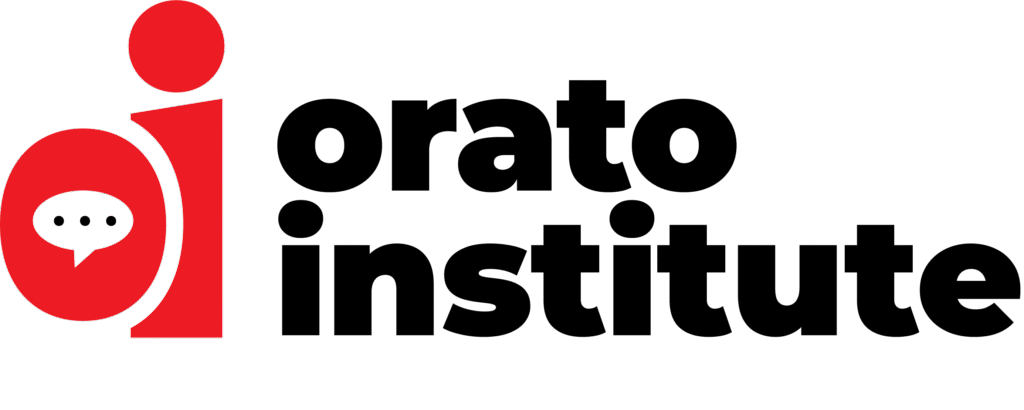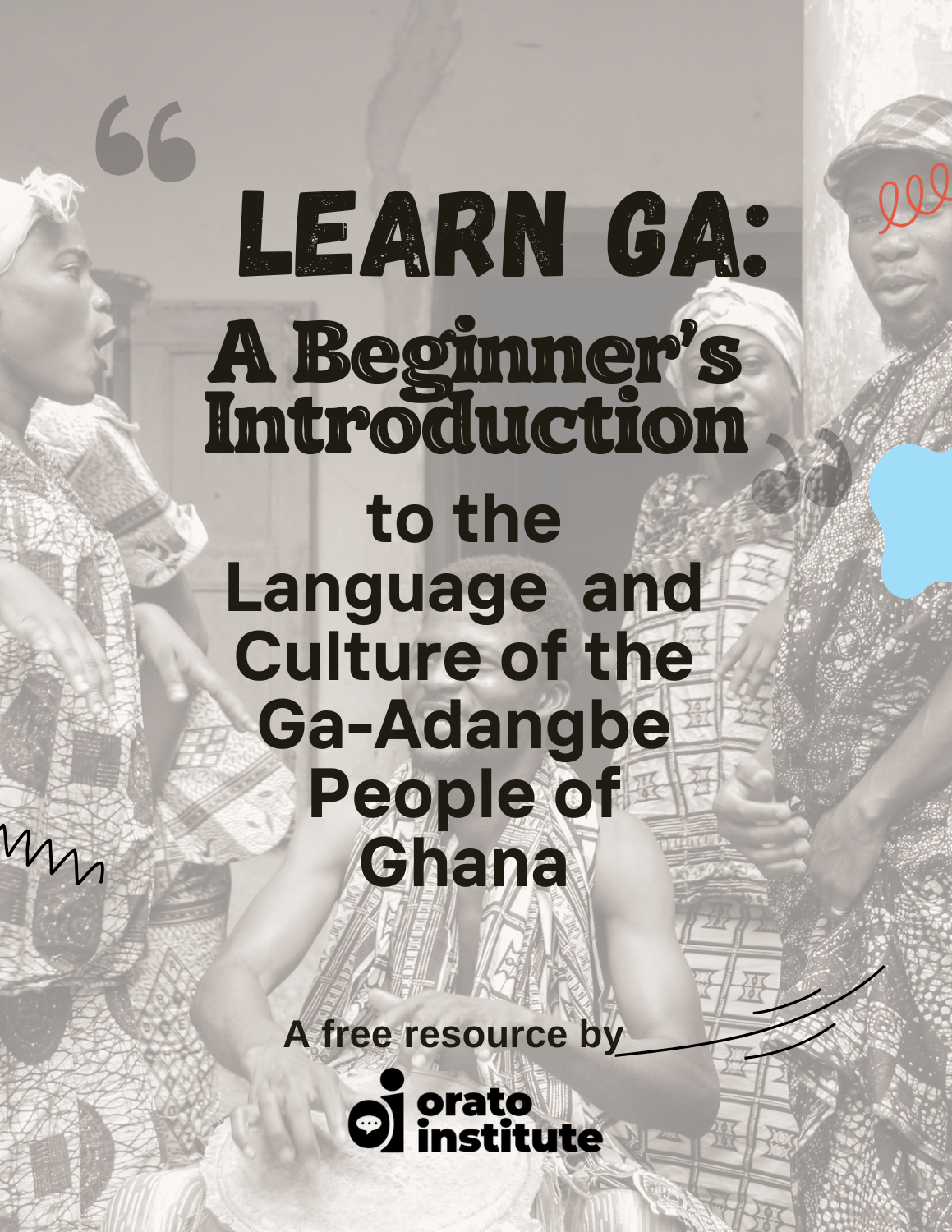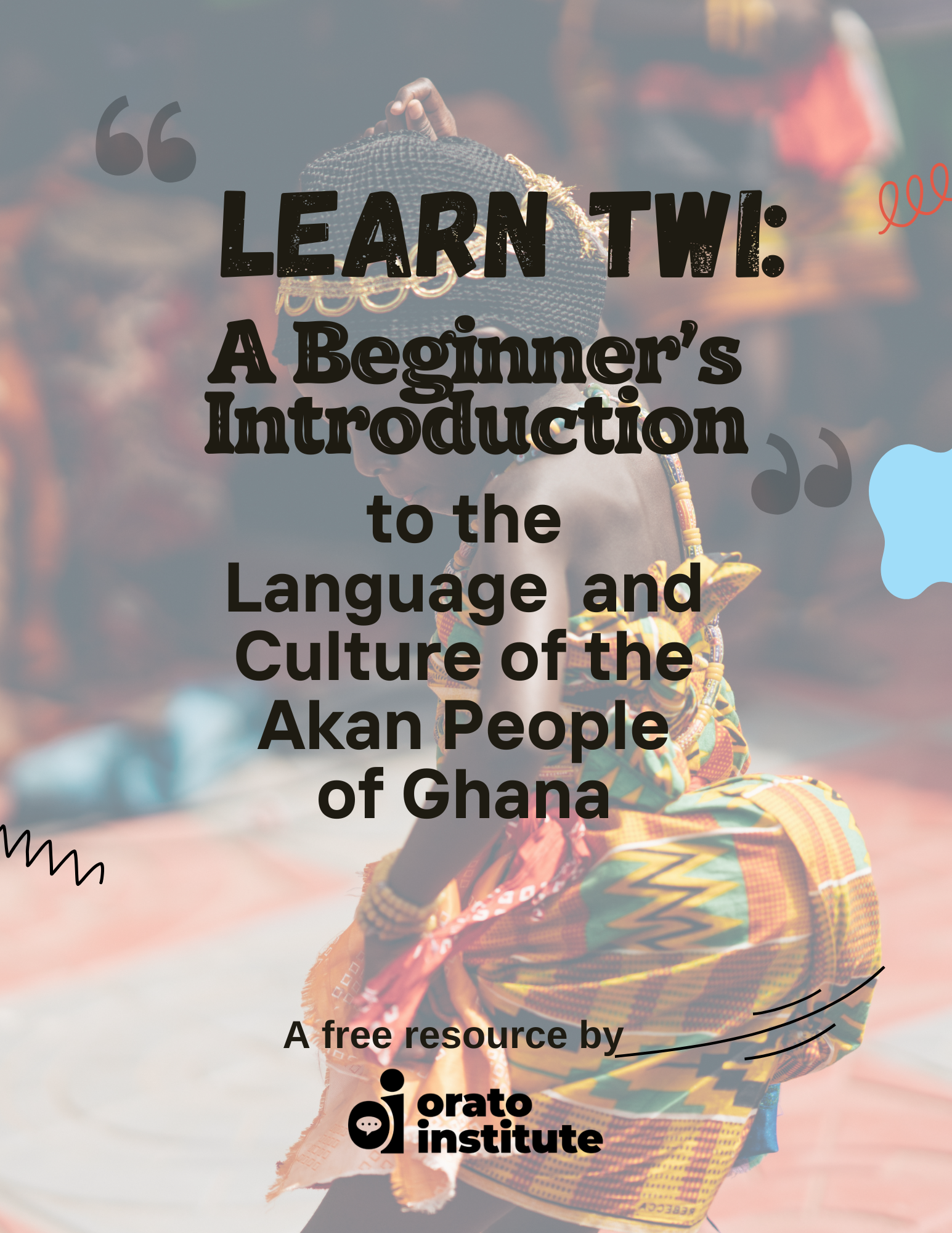Orato Language Stories
Preserving language is preserving heritage
Here’s why it matters.
Language is more than a communication tool — it’s a living, breathing archive of a community’s culture, humour, values, and general worldview.
Consider this: two friends watch a video online where someone delivers a joke in Ga — a language spoken in southern Ghana. One friend, a native speaker, bursts out laughing. The other — who doesn’t speak Ga — asks for a translation. But when the joke is explained in English, it loses something. The rhythm, tone, and cultural context don’t quite carry over, and the non-Ga speaker does not experience the humour the same way. The reaction? Perhaps a polite smile — but not the same laughter.
This reveals something important: language carries emotion, nuance, and cultural layers that don’t always survive translation.
When we lose a language, we lose more than vocabulary. We lose unwritten stories and oral traditions, unique ways of expressing joy, grief, humour, wisdom, and cultural memory that can’t be replicated elsewhere. Many African languages are under threat. And with them, we risk losing the deeper meanings that connect people to their roots.
This is why preserving our indigenous languages matters. We need to embark on preservation efforts and strategies such as encouraging everyday use of indigenous languages, sharing proverbs, idioms, and stories in their original form, and document these efforts. Because once the language is gone, it’s not just the words we miss —but the rich cultural heritage it carries.





